trending
neon
Cirque du Soleil offers summer ticket deals
dining out
Celebs ditch the Strip for iconic Henderson restaurant
july 
trending
neon
Cirque du Soleil offers summer ticket deals
dining out
Celebs ditch the Strip for iconic Henderson restaurant
july 

As companies and financial markets increasingly challenge regulations, investors must adapt to new risks and opportunities in this evolving economic landscape




Global financial markets have always been shaped by rules and regulations designed to maintain stability, protect investors, and ensure fair competition. However, in recent years, an increasing number of companies, governments, and financial institutions have been operating in ways that either sidestep, challenge, or outright flout traditional regulatory frameworks. This evolving landscape presents both risks and opportunities for investors navigating an era of diminished regulatory enforcement.
From tech monopolies resisting antitrust laws to cryptocurrency firms defying financial oversight, the erosion of traditional rules is becoming a defining feature of modern investing. Some key trends contributing to this shift include:
In an environment where rules are frequently flouted or inconsistently enforced, investors need to adapt their strategies:
As rules continue to be bent or ignored, investors must remain vigilant and adaptable. While high-risk investments in loosely regulated markets may offer short-term gains, long-term stability often lies with companies that embrace transparency and adaptability. Understanding the evolving regulatory landscape will be key to making informed and strategic investment decisions in this era of shifting financial norms
As companies and financial markets increasingly challenge regulations, investors must adapt to new risks and opportunities in this evolving economic landscape
the latest

CFIUS Tightens Rules on Foreign Investments in the U.S
The Committee on Foreign Investment in the United States (CFIUS) has introduced stricter regulations targeting investments from specific countries, citing national security concerns
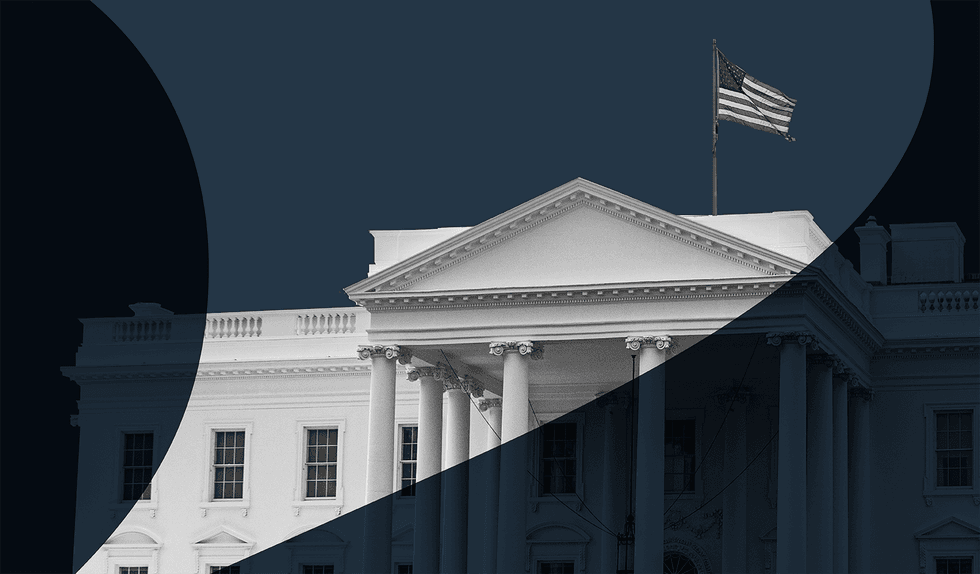
White House Releases 'America First Investment Policy' Memo
The White House has unveiled its latest initiative, the 'America First Investment Policy' memo, outlining strategies to attract foreign capital while prioritizing domestic industries. The policy aims to enhance job creation, boost American businesses, and redefine trade relations to favor U.S. economic interests
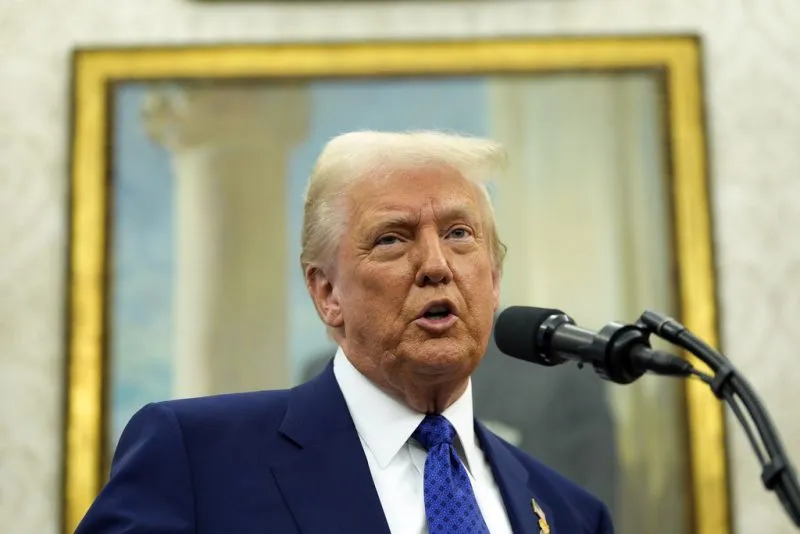
Trump's Tariffs Unleash Investor Uncertainty: Next Steps
Former President Donald Trump's latest round of tariffs has sent shockwaves through global markets, leaving investors grappling with increased uncertainty. With businesses facing higher costs and trade tensions escalating, analysts weigh in on the long-term implications for industries, financial markets, and economic stability
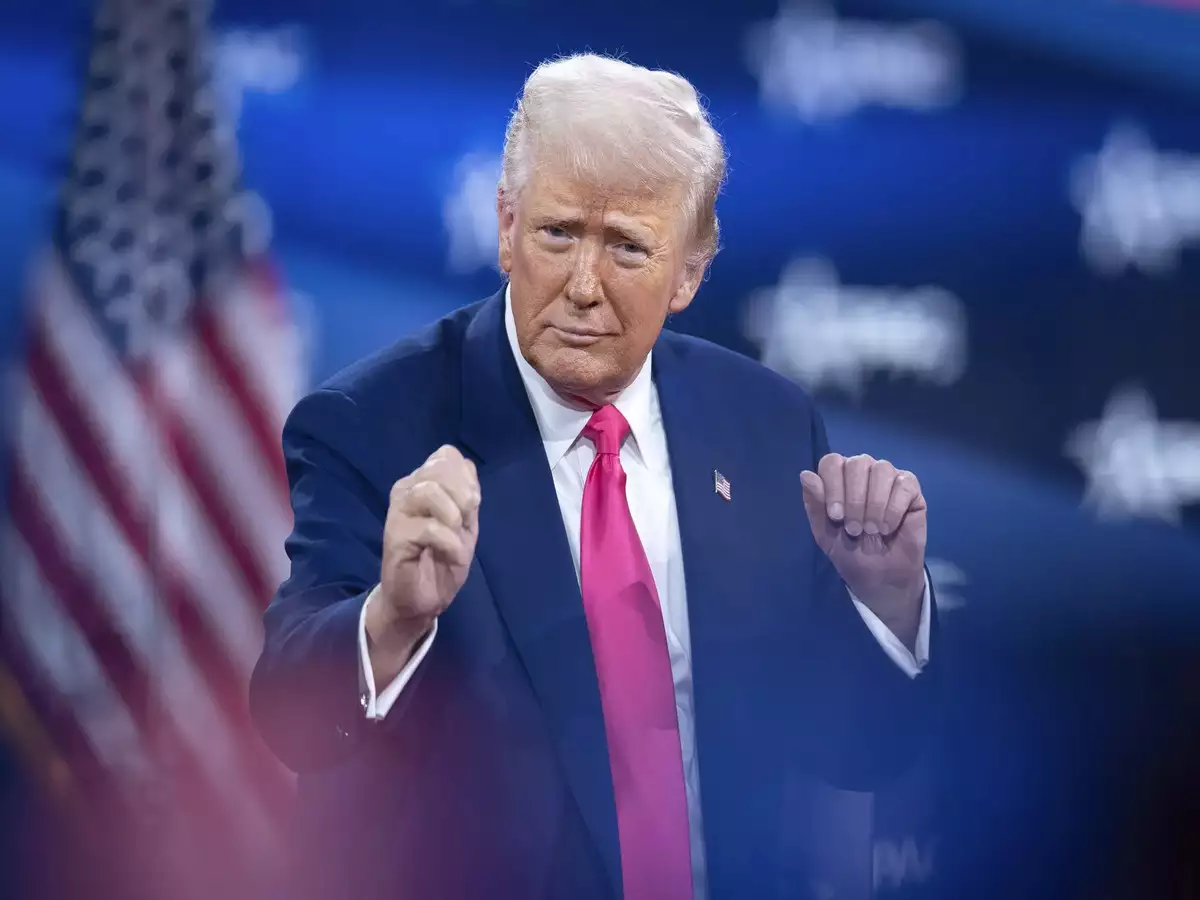
Trump's Red Carpet Plan for Wealthy Foreign Investors
Former President Donald Trump is pushing a new visa policy that offers wealthy foreign investors a fast-tracked path to U.S. residency. The plan, dubbed the "Gold Card" visa, requires a $5 million investment in key industries but faces criticism for favoring the ultra-rich
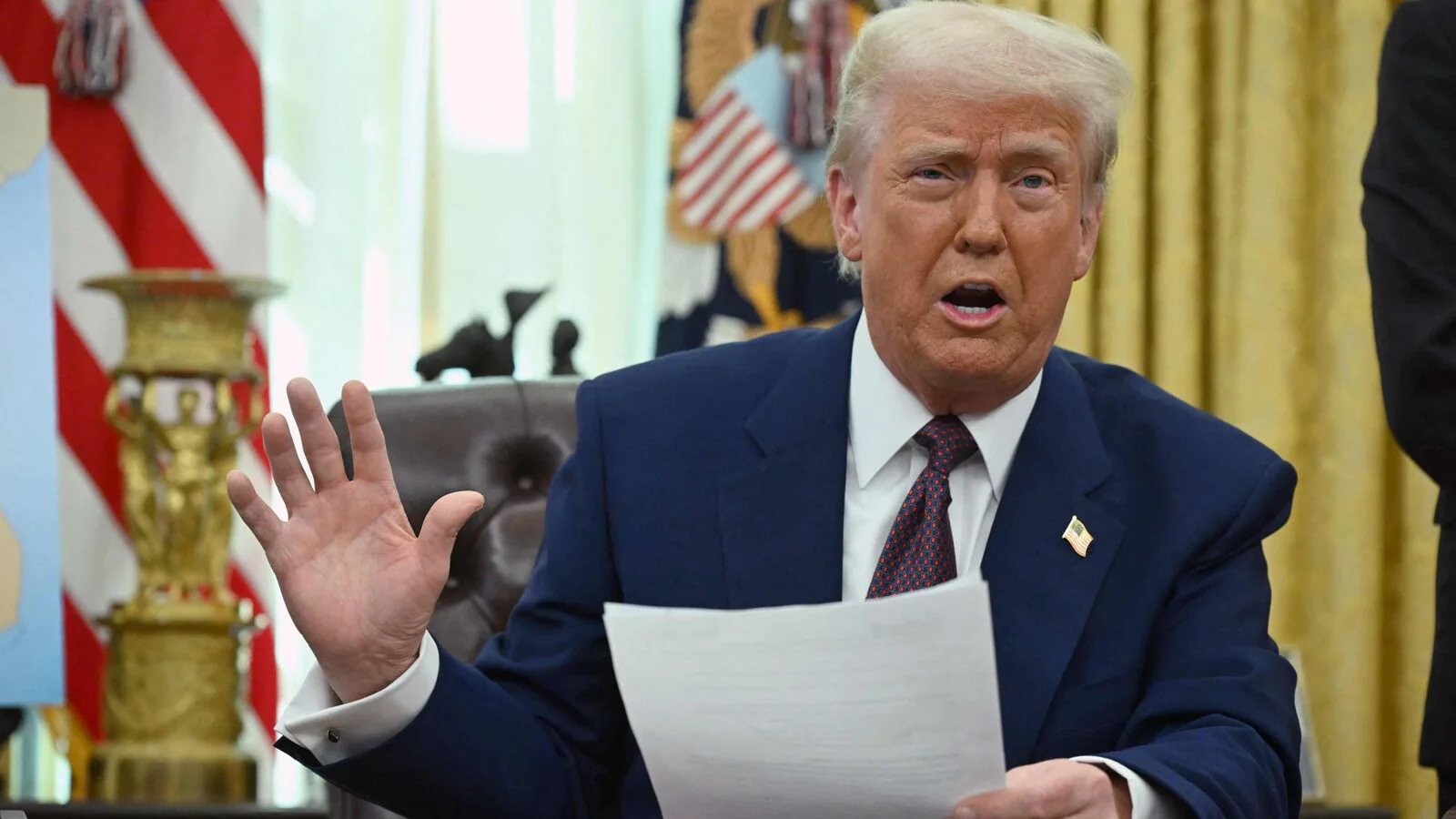
How Trump’s $5M ‘Gold Card’ for Rich Migrants Works
Donald Trump’s proposed $5 million "Gold Card" visa seeks to fast-track residency for wealthy investors, aiming to boost the U.S. economy through capital inflows

Details Emerge on Trump’s $5M ‘Gold Card’ Visa Plan
Donald Trump’s proposed $5 million "Gold Card" visa seeks to attract high-net-worth individuals to the U.S., promising economic growth and investment opportunities
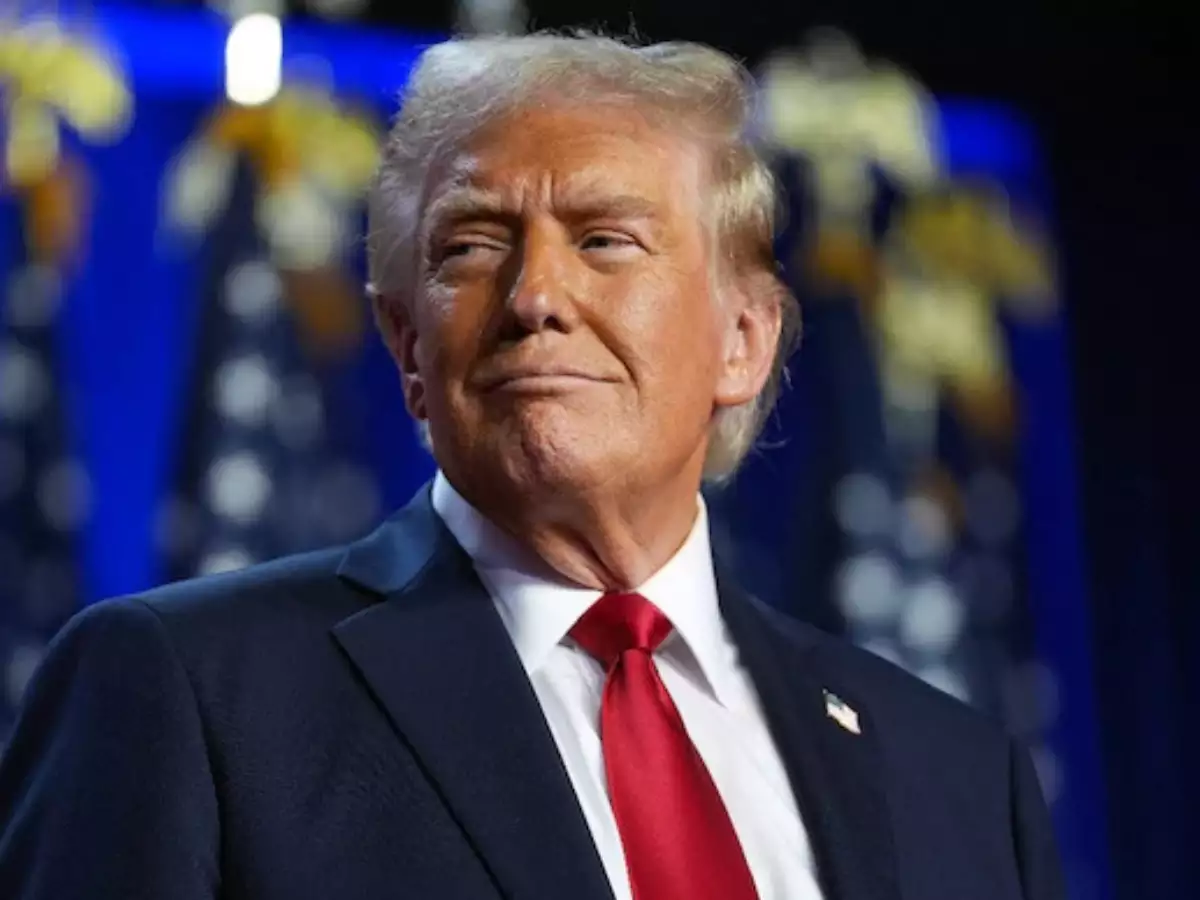
Investing Amid Volatility in Trump’s Second Term
As Donald Trump begins his second term, market volatility remains high. Investors are looking for strategies to navigate economic uncertainties and capitalize on policy shifts

Why U.S. Stocks Are Still a Smart Investment
U.S. equities continue to outperform, driven by strong earnings, economic resilience, and innovation. Investors remain bullish on long-term market growth

Stock Market Trends: The Impact of U.S. Investment Regulations
U.S. investment regulations play a crucial role in shaping stock market trends. This article explores the impact of regulatory changes on investor behavior, market volatility, and long-term market outlook